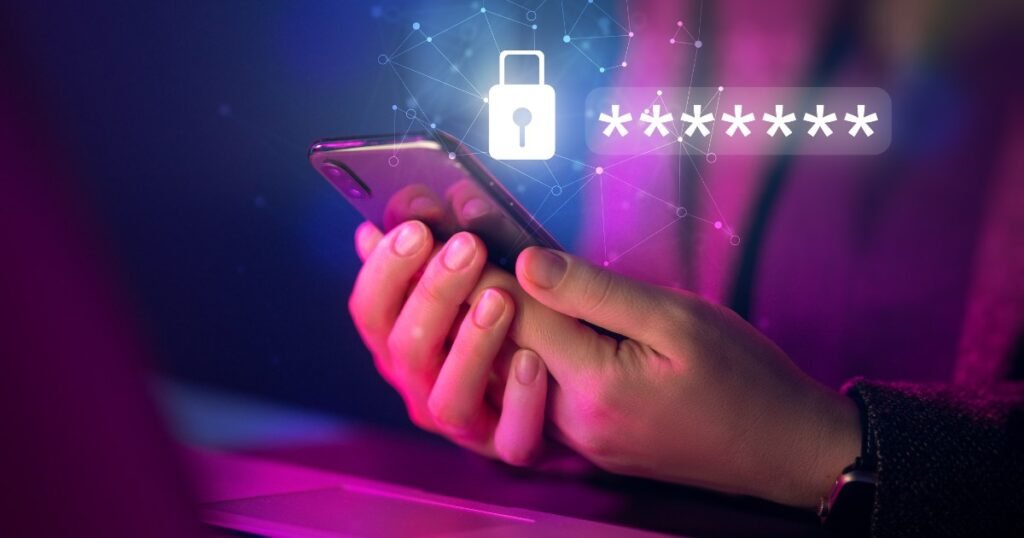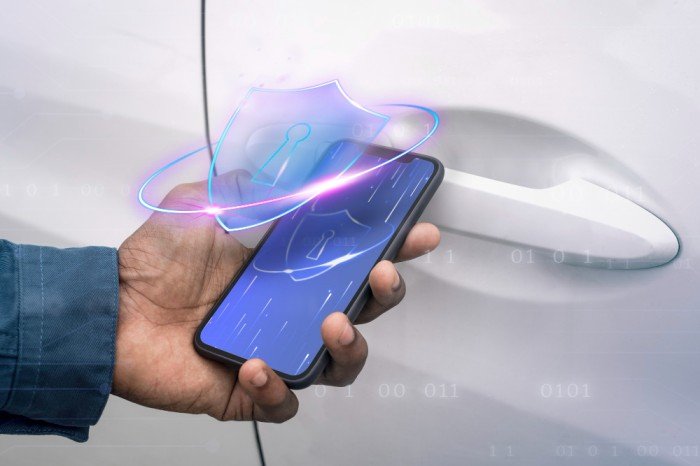Understanding Mobile Device Security

In an era where technology reigns supreme, the importance of mobile device security cannot be overstated. With the advent of smartphones and tablets, the way we interact with the world around us has transformed. These devices have become our personal assistants, our gateways to the internet, and, importantly, repositories of our sensitive information. This shift to mobile computing brings with it a myriad of security challenges that individuals and businesses must navigate.
Importance of Mobile Security
Mobile Devices in Modern Business
In the modern business landscape, mobile devices are indispensable tools. They enable remote work, instantaneous communication, and access to critical business applications. However, this convenience comes at a cost. The more we rely on these devices for professional purposes, the more attractive they become as targets for malicious actors.
Risks of Poor Mobile Security
The risks of inadequate mobile security are manifold. They range from personal inconveniences like identity theft to corporate hazards such as data breaches and compromised client information. In the worst-case scenario, a security breach can tarnish a company’s reputation, leading to loss of trust and financial repercussions.
Top Threats to Mobile Security
Malware and Viruses
Malware and viruses are as much a threat to mobile devices as they are to computers. They can surreptitiously infect a device, stealing data, tracking user activity, or even commandeering the device for malicious purposes.
Phishing Attacks
Phishing attacks, often conducted via email or messaging apps, trick users into divulging sensitive information. These attacks have become increasingly sophisticated, making it harder to distinguish malicious communications from legitimate ones.
Unsecured Wi-Fi Networks
Connecting to public Wi-Fi networks can expose a device to interception and data theft. These networks are often unsecured, making them fertile ground for cybercriminals.
Mobile Device Theft
The physical theft of a device poses an obvious risk. If a device falls into the wrong hands without adequate security measures, it can lead to significant data breaches.
Data Leakage
Data leakage refers to the unauthorized transmission of data from within an organization to an external destination or recipient. This can occur through various means, including insecure apps or device misconfigurations.
Types of Solutions Available
Antivirus Software
Antivirus software for mobile devices can detect and remove malicious software, offering a basic level of protection against malware and viruses.
Virtual Private Networks (VPNs)
VPNs encrypt data transmission, making it difficult for hackers to intercept and understand the data being sent and received by a mobile device, especially on public Wi-Fi networks.
Strong Authentication Methods
Implementing strong authentication methods, like biometrics or two-factor authentication, adds an extra layer of security, ensuring that only authorized users can access the device.
Data Encryption Tools
Data encryption tools protect the data on a device, making it unreadable to unauthorized users even if the device is compromised or stolen.
Mobile Device Management (MDM) Solutions
MDM solutions enable businesses to manage and secure their employees’ mobile devices remotely. This includes enforcing security policies, remotely wiping data in case of theft, and controlling access to sensitive information.
Secure Email Gateways
Secure email gateways protect against phishing and other email-based threats. They filter incoming emails for malicious content and ensure that sensitive data is not leaked via email.
Best Practices for Mobile Security

Regular Software Updates
Keeping software up-to-date is crucial. Software updates often include patches for security vulnerabilities that could be exploited by attackers.
Strong Passwords and Two-Factor Authentication
Using strong, unique passwords and enabling two-factor authentication wherever possible significantly increases account security.
Encryption
Encrypting sensitive data, both in transit and at rest, ensures that even if data is intercepted, it remains unreadable to unauthorized parties.
Secure Wi-Fi Connections
Avoid using public Wi-Fi for sensitive transactions. If necessary, use a VPN to secure the connection.
Installing Apps from Trusted Sources
Only download apps from official app stores and check reviews and developer information to ensure their legitimacy.
Regular Backups
Regular backups protect against data loss in case of device theft or malfunction.
Reliable Security App
Installing a reliable security app can provide real-time protection against a variety of threats.
Awareness and Education
Educating yourself and your employees about the latest security threats and how to recognize them is crucial in preventing security breaches.
Bottom Line
The importance of mobile device security cannot be understated in our digitally-driven world. As mobile devices continue to evolve and become more embedded in our daily lives, the need for robust security measures grows. By understanding the threats and implementing a mix of technical solutions and best practices, individuals and organizations can significantly mitigate the risks associated with mobile computing.
FAQ
Q: How often should I update my mobile device software?
A: As soon as updates are available. These updates often include critical security patches.
Q: Is it safe to use public Wi-Fi?
A: It’s best to avoid using public Wi-Fi for sensitive activities. If necessary, use a VPN.
Q: What is the simplest way to improve mobile security?
A: Regularly updating your device, using strong passwords, and enabling two-factor authentication can greatly enhance security with minimal effort.
Q: How can businesses ensure the security of mobile devices used by employees?
A: Implementing a Mobile Device Management (MDM) solution can help businesses manage and secure employees’ devices remotely.
In conclusion, embracing mobile technology necessitates a corresponding commitment to security. Whether you are an individual user or a business, understanding and applying these principles of mobile device security is key to safeguarding your digital life.
